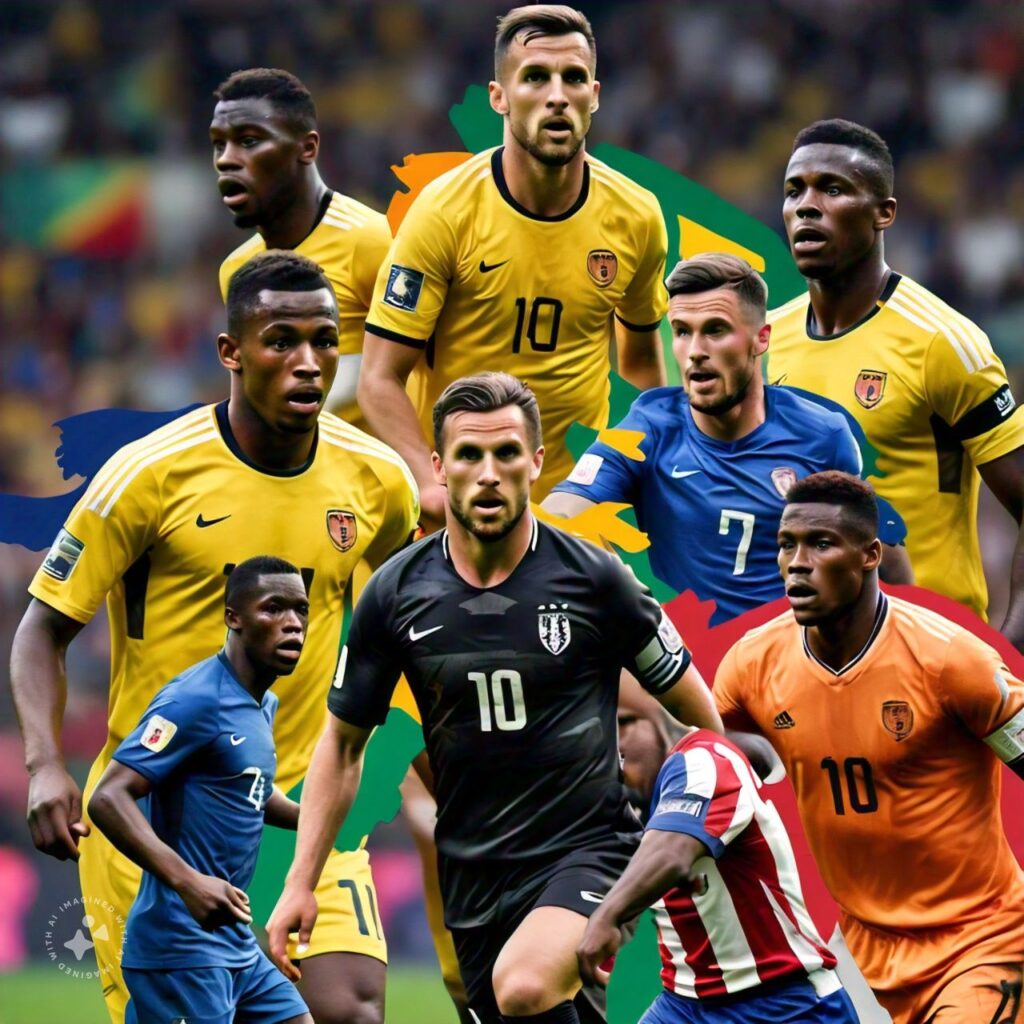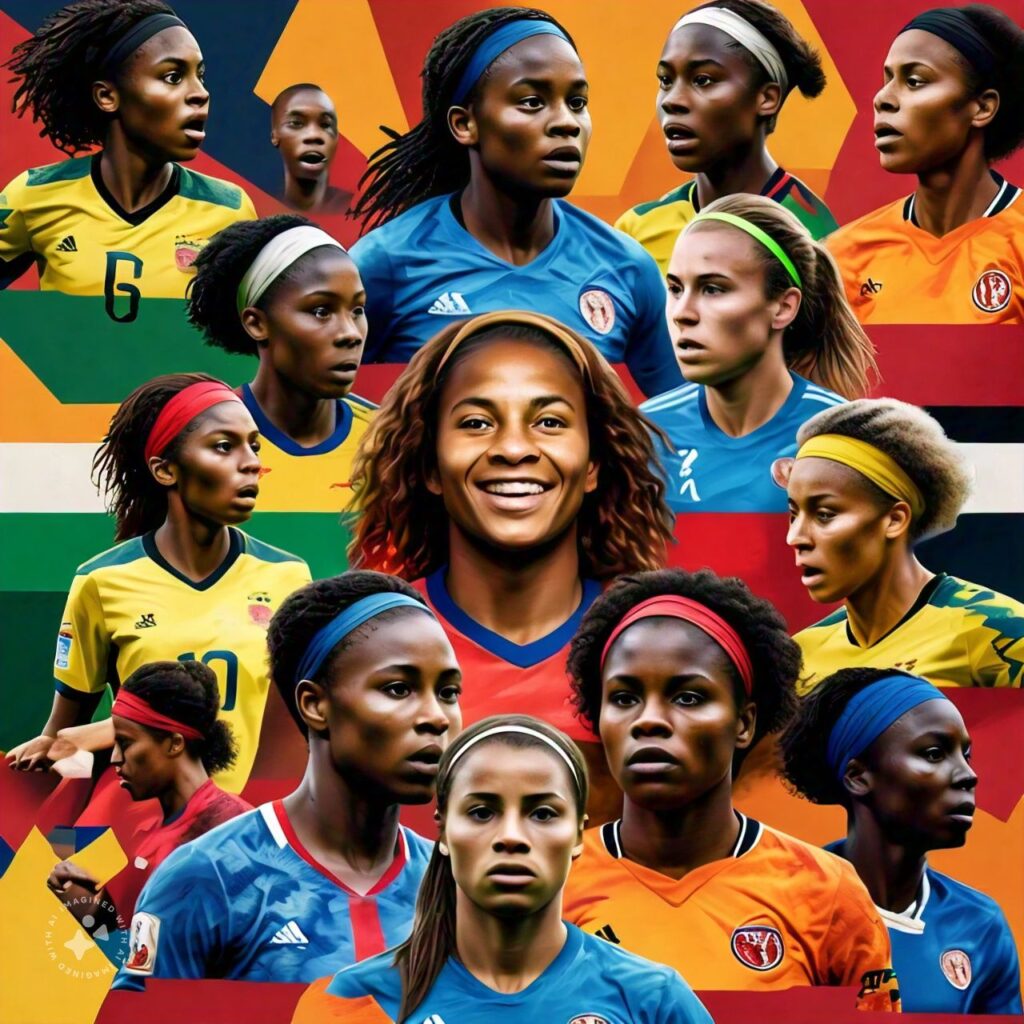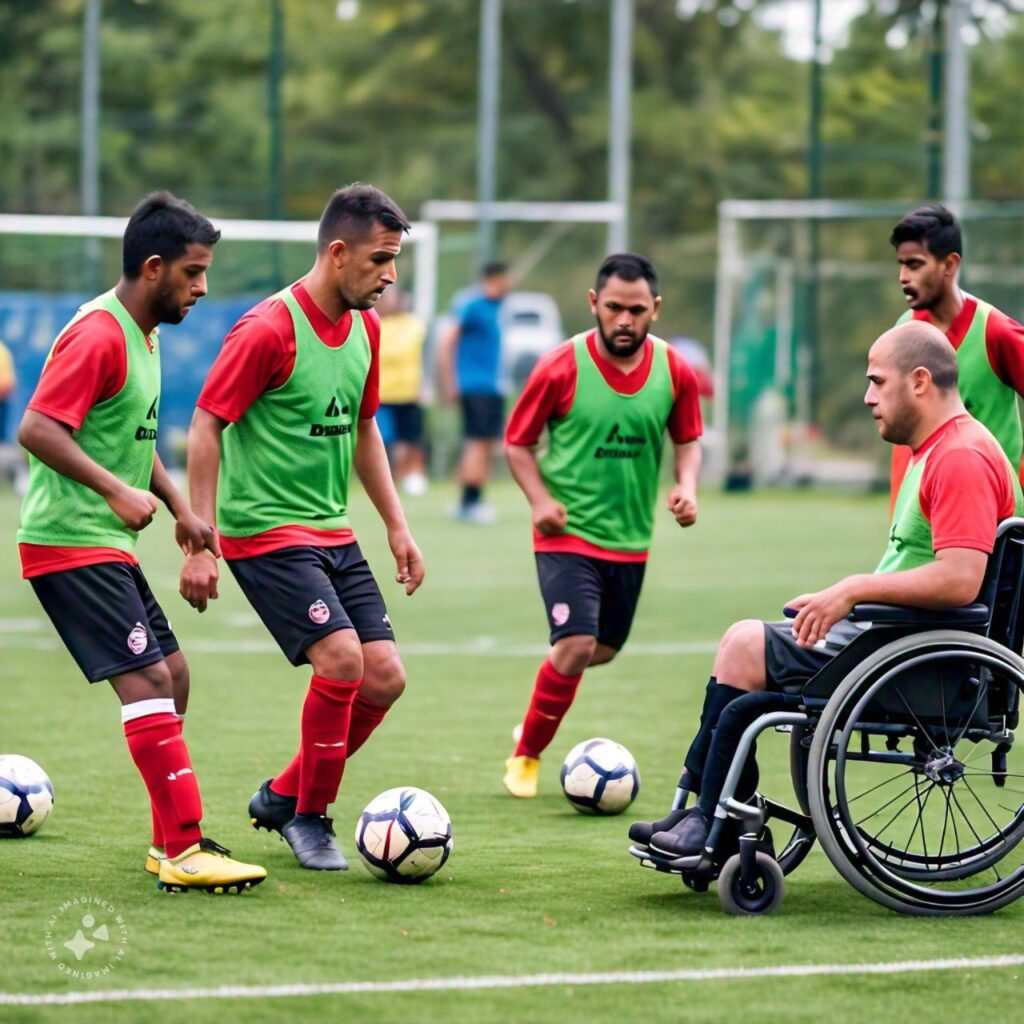Football Controversies: when diplomacy fails – a historical context in African, Europe, and Americas
. . . A case of Desert Storm as Nigeria’s Super Eagles Weather Libyan’s Mediterranean Knights Retaliation.
By Ejiro Umukoro and Precious Nwonu
For ages, since its invention as a game perhaps as far back as the 2nd BC in China, or in 12th century medieval England or even with the establishment of Fédération Internationale de Football Association (FIFA) in 1904 as the global body that coordinates footbal across continents, the game of football represents a unifying force that brings nations together. It unites people even during wars, starvation, and pandemics. It is a source of national pride, business investment, and cause for patriotic or club identity, espcially for the die-hards.
For the continent called Africa, The Confederation of African Football (CAF) was established on February 8, 1957, in Khartoum, Sudan.
Over the years, Africans have enjoyed the joys, visibility, and positioning that football gives to other continents. As a sport, football through FIFA and CAF, including other football bodies across the world, strive to use the game to promote equality, respect, and inclusivity for all that oils’ peaceful coexistence. Women, persons living with disabilities and other groups identify with and play the game of football.
However, the recent controversies between Nigeria and Libya, raises the issue of “two Africans Fighting”. Further analysis gives context of the aftermath.
President Tinubu Calls for CAF Action
Lagos, Nigeria – President Bola Tinubu has urged the Confederation of African Football (CAF) to take action against Libya following the Super Eagles’ traumatic ordeal in the country.
The Ordeal
The Nigerian national football team faced a grueling experience during their recent visit to Libya for the 2025 African Cup of Nations qualifier. The team was stranded for hours at the Al-Abraq International Airport, denied access to food and the internet, and subjected to hostile treatment by airport authorities.
Airport Authorities’ Disregard
The team’s chartered aircraft was diverted to Al-Abraq Airport, where they were met with disrespect and hostility. Airport officials used mobile phones to scan passport data pages due to lack of scanning machines.
No Official Reception
No Libyan Football Federation representative was present to receive the delegation, contrary to global best practices.
Security Confrontations and Frustration
Team officials were stopped and insulted by security personnel when attempting to leave the airport. Calls to the Libyan Football Federation’s General Secretary yielded no assistance.
Diplomatic Intervention and Eventual Departure
After a sleepless night, the team received empathy and support from the Nigerian Ambassador to Libya and the president of the Nigerian community in Eastern Libya. Following intense diplomatic efforts, the team returned to Nigeria without playing the scheduled match.
Aftermath and Controversy
The Libyan Football Federation condemned Nigeria’s withdrawal, claiming the treatment was less severe than what Libyan players faced in Nigeria. However, CAF has removed the second-leg fixture from the 2025 African Cup of Nations qualifier schedule.
NFF’s Account
The Nigerian Football Federation (NFF) provided a detailed account of the team’s ordeal in a 20-point statement.
CAF’s Response
CAF has deleted the second-leg fixture between Nigeria and Libya from the 2025 African Cup of Nations qualifier schedule.

A Historical Perspectives of Football Controversies
Here are some past controversies in football similar to the Nigeria-Libya incident:
- Senegal vs. Ivory Coast (2013): Rioting and violence broke out during a World Cup qualifier, forcing the match to be abandoned.
- Egypt vs. Algeria (2009): The two teams clashed on and off the pitch, with allegations of violence and sabotage.
- Ghana vs. South Africa (2014): Ghanaian players were subjected to racist chants and physical attacks during a World Cup qualifier.
- Cameroon vs. Tunisia (2019): Cameroon players were allegedly spat on and racially abused during an Africa Cup of Nations match.
- DR Congo vs. Tunisia (2017): Tunisian fans attacked DR Congo players and staff during a World Cup qualifier.
- Morocco vs. Guinea (2018): Moroccan fans clashed with Guinean players and staff during a friendly match.
- Algeria vs. Egypt (2019): The two teams had a long-standing rivalry, with violent clashes between fans and players.
- South Africa vs. Senegal (2017): South African fans attacked Senegalese players and staff during a World Cup qualifier.
- Zambia vs. Nigeria (2016): Zambian fans attacked Nigerian players and staff during a World Cup qualifier.
- Ghana vs. Brazil (2012): Ghanaian fans clashed with Brazilian players and staff during a friendly match.
These incidents highlight the need for increased security, diplomacy, and sportsmanship in international football.
Other notable mentions:
- The “Battle of Nuremberg” (2006): Portugal vs. Netherlands, marked by intense violence and red cards.
- The “Hand of God” controversy (1986): Argentina vs. England, where Diego Maradona’s goal sparked debate.
- The “Zidane Headbutt” incident (2006): France vs. Italy, where Zinedine Zidane’s actions sparked controversy.
These incidents demonstrate that controversies and conflicts can arise in various contexts, emphasizing the importance of fair play, respect, and diplomacy in football.

Impact of Similar Controversies on Women’s and PLWDs in the Game of Football
Here are examples of how women and persons living with disabilities have been impacted by similar football controversies:
Women:
- Sexism and harassment: In 2019, the Afghan women’s national team accused their coaches and officials of sexual and physical abuse.
- Discrimination: In 2015, women’s teams were forced to play on uneven and unsafe pitches during the African Games.
- Gender-based violence: In 2018, Colombian women’s player, Daniela Montoya, suffered physical and verbal abuse from male fans.
Persons Living with Disabilities:
- Accessibility issues: In 2018, disabled fans faced accessibility barriers at the World Cup in Russia.
- Discrimination: In 2019, the UK’s Equality and Human Rights Commission found that Premier League stadiums failed to provide adequate facilities for disabled fans.
- Inclusive sporting events: The 2020 Tokyo Paralympics faced controversy over accessibility and inclusivity concerns.
Intersections:
- Intersectional discrimination: Women with disabilities face compounded discrimination in football, exemplified by the lack of representation and accessibility.
- Inclusive fan culture: Initiatives like the “Football for All” program aim to promote diversity, equity, and inclusion in football.

Notable incidents:
- Racism and sexism: In 2020, Manchester City’s Lauren Hemp faced racist and sexist abuse on social media.
- Homophobia and transphobia: In 2019, LGBTQ+ fans faced harassment at the Copa America.
- Disability rights: In 2018, disability advocates criticized FIFA for inadequate accessibility measures during the World Cup.
These examples highlight the need for:
- Increased representation and inclusion.
- Improved accessibility and infrastructure.
- Stronger policies against discrimination.
- Education and awareness campaigns.
- Support systems for marginalized groups.
Football should strive to be a sport that promotes equality, respect, and inclusivity for all that oils peaceful coexistence.





Comments